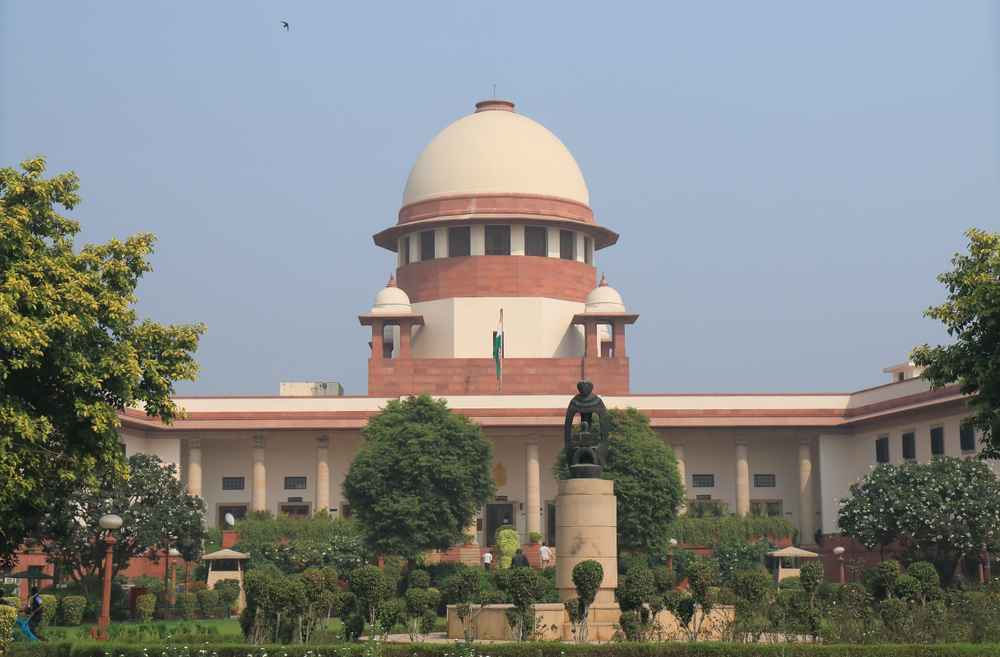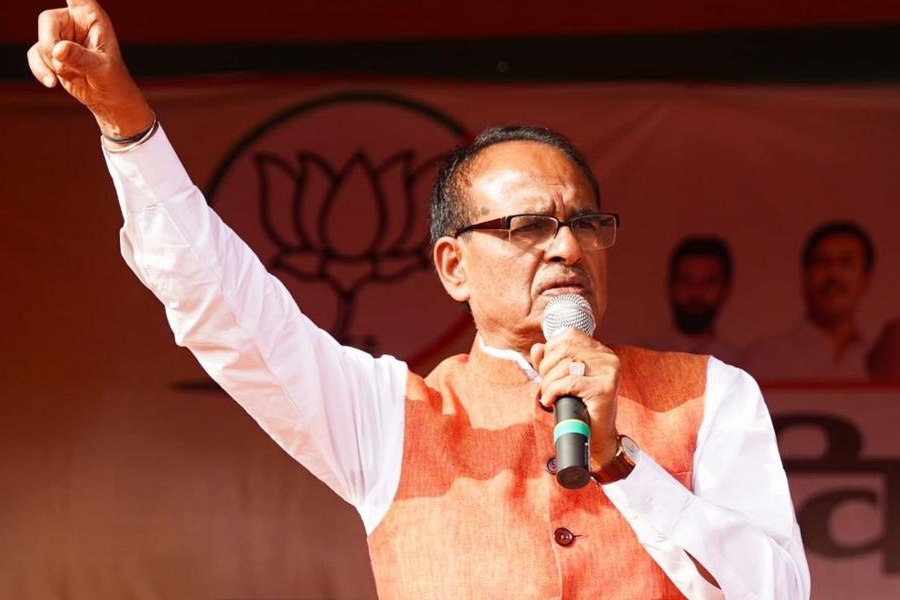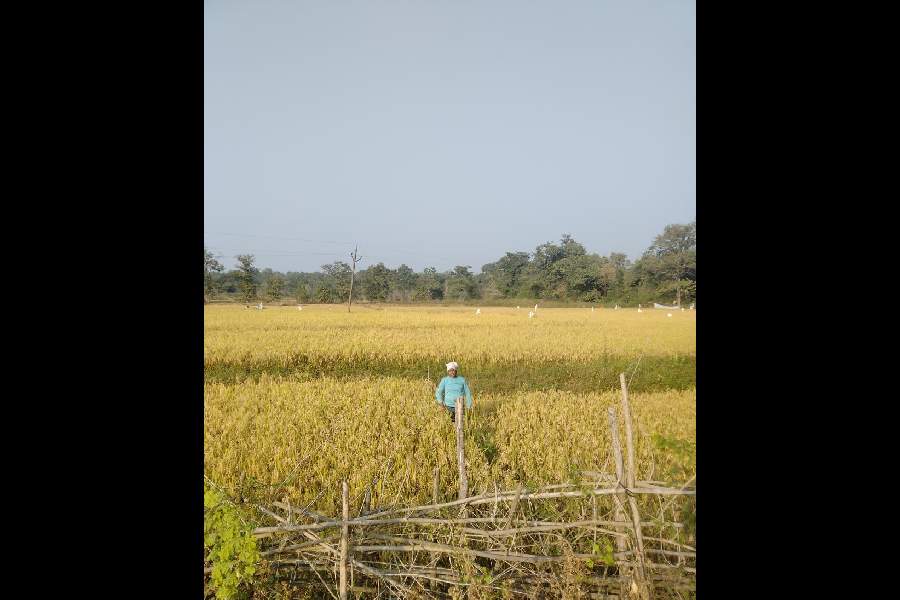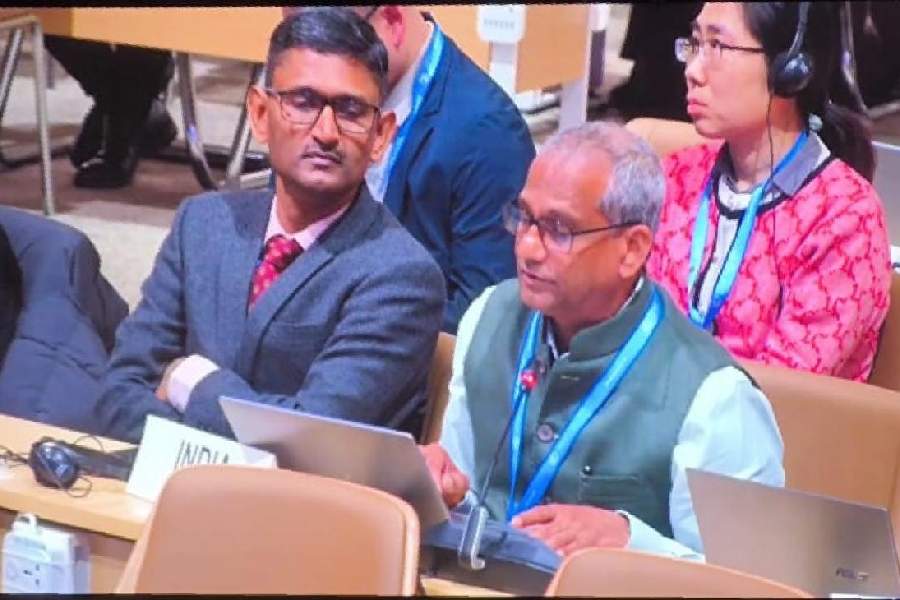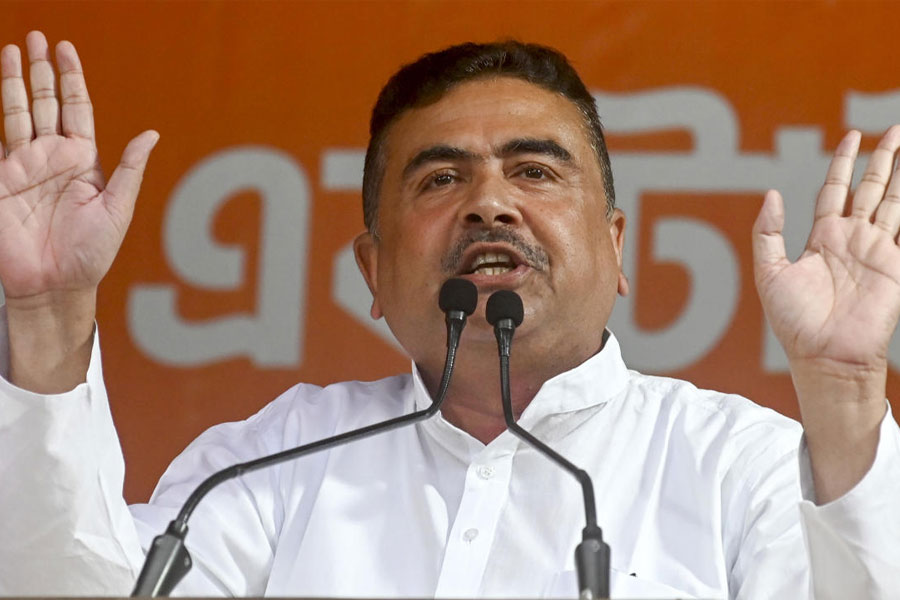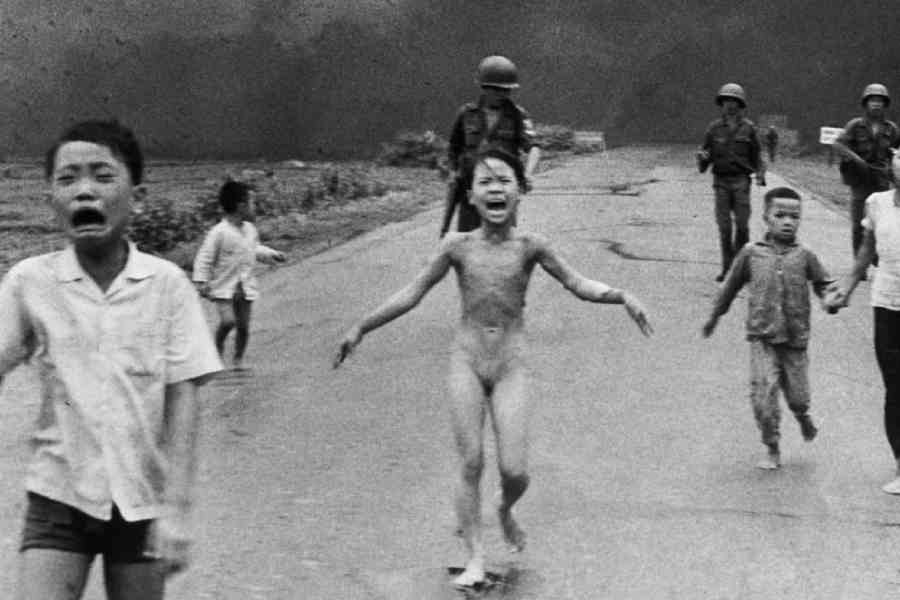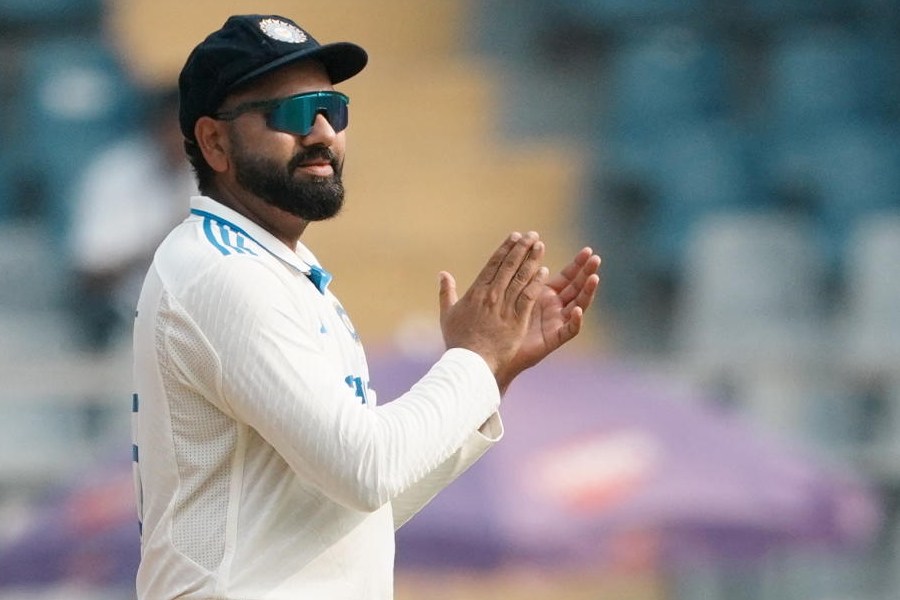The Supreme Court on Tuesday asked the Centre to prevent the migration of people and set up within 24 hours a portal for disseminating real-time information on the pandemic to counter the panic prompted by the spread of fake news.
“(The) panic will destroy more lives than the virus,” the apex court said and asked the Centre to get trained counsellors and community leaders of all faiths to calm down the migrants, who are kept in shelter homes across the country.
It said that these shelters should be run by volunteers and not police, and there should be no use of force and intimidation.
The top court also asked the Centre to prevent the migration and take care of people’s needs of food, shelter, nourishment and medical aid.
The Centre, through an affidavit, informed the apex court that it has taken “proactive and pre-emptive timely steps” to deal with the coronavirus pandemic because of which its spread is so far contained, but fake news was causing serious panic, and remained the “single most unmanageable hindrance” in the management of the challenge.
Challenging fake news
The Centre sought a direction from the Supreme Court that no media outlet will publish anything on the pandemic without first ascertaining facts from the mechanism provided by the government.
The government said that in an unprecedented situation of this nature, any deliberate or unintended fake or inaccurate reporting in electronic, print, social or Internet media has a serious and inevitable potential of causing panic in large sections of the society.
The government said that though creating panic was a criminal offence, appropriate direction from the top court would “protect the country from any potential and inevitable consequence resulting from a false alarm having the potential of creating panic”.
In a status report filed in the apex court, the government has given details of the steps taken, including enhancement of testing capacity and issuance of order to purchase 40,000 ventilators to meet the contingency and prevent the further spread of coronavirus in the country.
Preventive measures on migration
Solicitor-general Tushar Mehta said advisory had been issued to the states regarding the complete prohibition of inter-state migration and according to the central control room, around 6,63,000 persons have been provided shelter so far.
He said that over 22,88,000 people were being provided food as these are needy, migrants or daily wager workers who have been stopped and kept in shelters.
The Centre also told the apex court that the suggestion by a petitioner to sprinkle water and chemicals on migrants to sanitise them does not work scientifically and was not the right way.
The Supreme Court, which refused to restrain high courts from taking up the issue of migrants, said they could monitor the issue more closely.
A bench of Chief Justice S.A. Bobde and L. Nageswara Rao, which took up two PILs on the issue of migration via videoconferencing, asked the Centre to look into the letter-petitions filed by the Kerala parliamentarian from Kasaragod constituency, Rajmohan Unnithan, and one filed by an MP from Bengal.
The bench adjourned the hearing on the PILs to April 7, asking the Centre to ensure that the duties of managing the shelter homes are entrusted to volunteers and not to the police and there should not be any use of force or intimidation.
Mehta said the migration of people cannot be allowed at this juncture as this could lead to the spread of the virus.
Referring to the last census, Mehta said there were about 4.14 crore persons who had migrated for work but reverse migration was now taking place due to coronavirus fears.
“We are trying to ensure that no migration is permitted,” he said, adding: “It would be risky for them and for the village populations. So far, rural India is unaffected by the coronavirus but there was the possibility of three out of 10 moving from cities to rural areas carrying the virus.”
The bench initially observed: “We will be passing an order that the portal for information will be set up in 24 hours. You will have to ensure that all those whose migration you have stopped are taken care of in terms of food, shelter, nourishment and medical aid.
“You will also follow up on those who you have identified as cases of Covid-19 and quarantined.”
Counselling for migrants
Mehta told the court that the government would soon implement a system where migrants would be offered counselling.
“When will you set up the centres? Where are the counsellors coming from? Where will you get them from? Where will you send them?” the bench asked.
“This is not a definite statement,” the bench added.
Mehta said trained counsellors of the district mental health programmes would be sent to which the bench said: “There are 620 districts in India. How many counsellors do they have in total?”
“We want to impress upon you that the panic will destroy more lives than the virus. You need counsellors,” the bench said.
“You can have ‘Bhajan, Kirtan, Namaz’ or whatever but you have to give strength to the people.”
Mehta said the authorities would mobilise religious leaders to counsel the migrants in shelters so that they could stay calm. He added: “I am making a statement here that within 24 hours, we will mobilise trained counsellors and religious leaders”.
The bench told Mehta that community leaders belonging to all faiths should be involved.
The bench said authorities should entrust duties of managing shelters to volunteers and not to the police.
“You ensure that you bring volunteers. There should not be use of force or intimidation,” the bench said.

